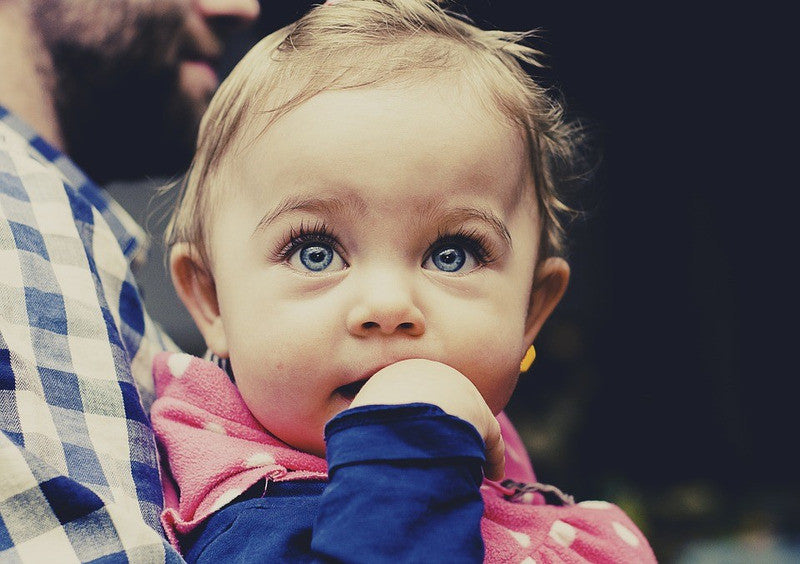
International Day of Human Rights - 10th December, 2016
December 10th is Human Rights Day; and comes fast on the heels of International Day of People With Disabilities, which we have just been telling you all about. International Human Rights day activities began almost 70 years ago when the United Nations adopted the Universal Declaration of Human Rights in 1948, following some terrible memories of war time experiences. You might wonder why that is relevant to children and families living with disabilities in the twenty-first century.
The truth is that our society alone has had a lot of catching up to do in terms of giving everyone a good quality of life, not least in terms of providing a reliable health service for everyone, regardless of ability to pay, a benefits safety net for poorer families living in poverty through no fault of their own…. We could go on…

A lot still needs to improve when it comes to people with disabilities
But let’s just stop there for a moment… Even in just these two welfare support systems, families supporting children with disabilities and special needs are still regularly having standards of care services below what we would expect from a relatively prosperous nation such as ours. This is just focussing on where the state falls short, before we even get into shortcomings of neighbours, families and friends who often mean well, but whose lack of knowledge about the intricacies of living with disability daily mean that our special kids and their siblings can also miss out on what their friends and cousins take for granted…
We just aren’t ‘there’ yet in terms of justice, parity, fairness and caring for all children, regardless of physical or mental capacity. As with every UN commemoration day, the focus of a campaign has a new theme every year. This year, everyone is being called upon to “…stand up for someone's rights!” Of course, our readers will be doing that daily… But the annual commemoration of human rights issues is a great opportunity to piggy back onto campaigns happening around the world to open up new conversations with people in our community.
What will happen to disability funding post-Brexit?
Now more than ever, it is important that people we are surrounded by do not turn in on themselves, post-Brexit. What does independence from Europe mean for the independence of our children whose independence is challenged not only by their physical and mental difference to the so-called ‘norm’? Will our new laws enshrine human rights? Will health services be put under further pressures or receive an injection of funds released from the U.K.’s new status?

Intolerance still exists when it comes to recognising different attitudes towards disability
Meantime, social media is showing some frightening messages of intolerance between children and towards children with differences. Without a commitment to challenge commonly held misconceptions, general human kindness and good neighbourliness towards our most vulnerable children are in danger of being drowned out by other big issues of the day.
Saturday is a day worth marking in the calendar (why not put it in your digital calendar on repeat!) to celebrate our common humanity and work alongside like-minded others in school, at work, on public transport or on social media.
We know that sometimes, it can be as tiring as it is inspiring to be blessed with special kids and that getting the support to change things for the better is an on-going fight against ignorance and shortage of resources. This is another opportunity to get people you meet to just make some time to think about the difference they could be making to make a better life for your children.
Knowing the Law when it comes to Human Rights Issues and disabilities
The Universal Declaration of Human Rights in 1948, was incorporated into UK law in the Human Rights Act. This is now under threatened with being scrapped; this government want to decide when fundamental human rights do or don’t apply. If you cannot do anything else, you could write a letter to your MP to ask them what they will be doing to ensure the rights of your children, (as you and they see them), will be protected in future and whether they support the rights of disabled children to have equality of access to a good quality of life that many take for granted.
If you or your family and friends use social media, encourage them to share messages about their thoughts using hashtags such as: #DisabilityRights #Inclusion #HumanRights #Justice #Equality #Bullying.
Alternatively, why not just organise (maybe on social media) a party or get together somewhere to hang out with other parents in similar circumstances to your own?
Whatever you choose to do, every bit makes a difference and you count!

